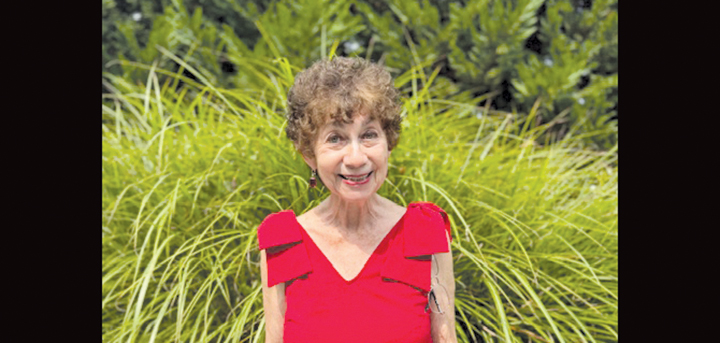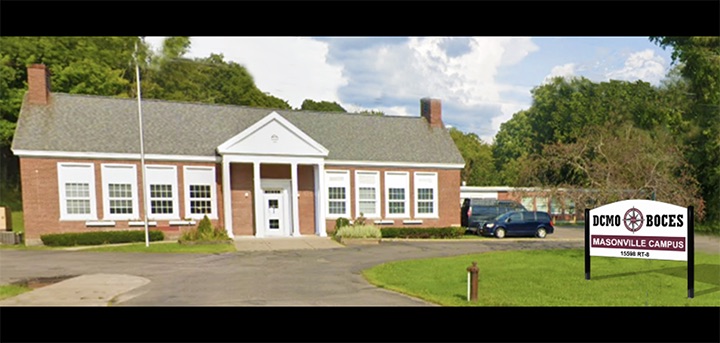Medicaid changes force First Transit to cut jobs and routes
CHENANGO COUNTY – Facing lost revenue that resulted from state-wide changes in transportation for people on Medicaid, First Transit made it public on Monday that they will run fewer routes and minimize its staff by the end of June.
First Transit General Manager Paul Dougher announced at the monthly county Board of Supervisors meeting that the company plans to have 31 jobs abolished or reduced in some capacity and also reduce fixed run loops to outlying towns and villages by June 30.
“Depending on how far from Norwich each one of these communities are determines how many times per day we go to that location,” said Dougher.
Citing time and expense as a limiting factor, Dougher explained that First Transit, the county’s primary source of public transportation, is likely to reduce its stops in many communities from the current six to eight times per day to only three times per day – one morning, one afternoon, and one evening. The run to McDonough will be eliminated due to lack of riders.
Challenges for the bus company trace back to structural changes in the state Department of Health in 2010. At that time, social services law permitted DOH to assume administrative management of non-emergency transportation in New York State counties. Since then, DOH has required that a private Medicaid brokerage system be implemented in each region of the state.







Comments